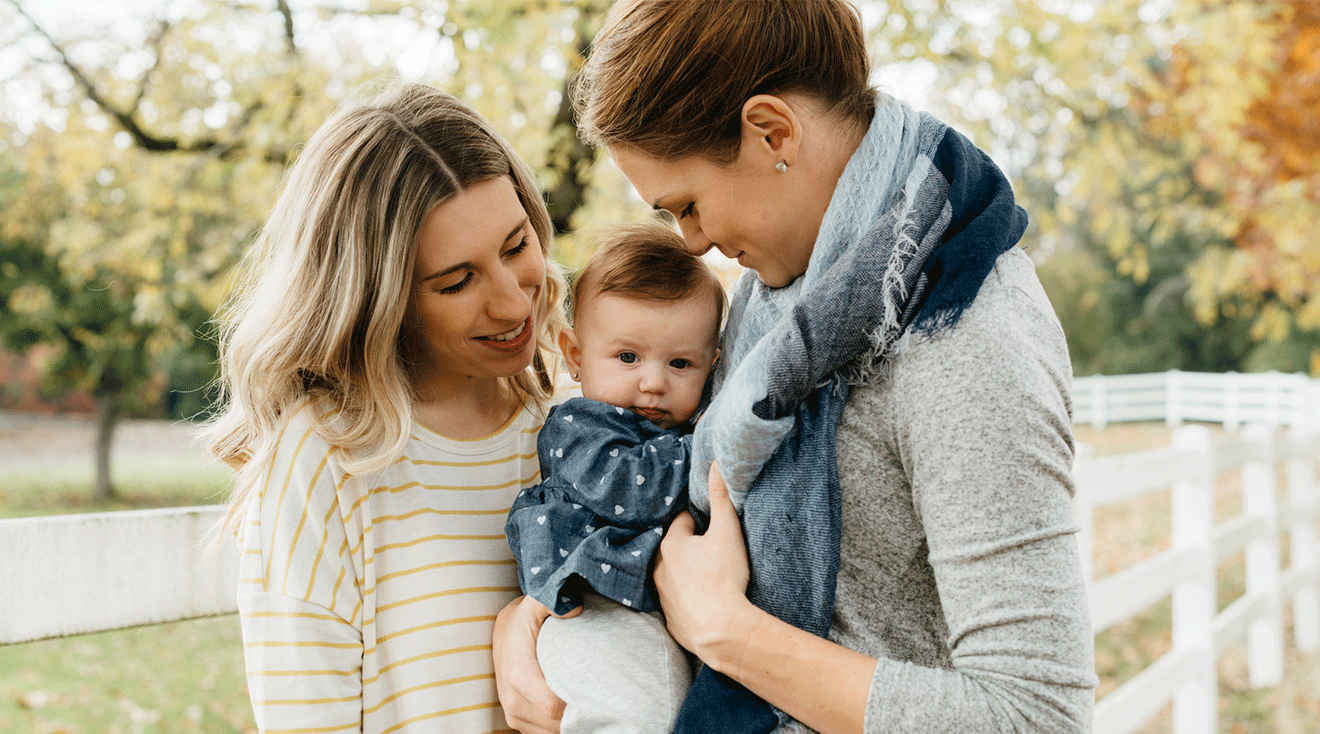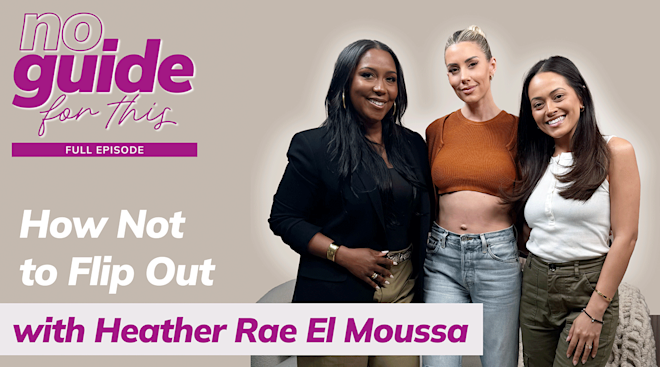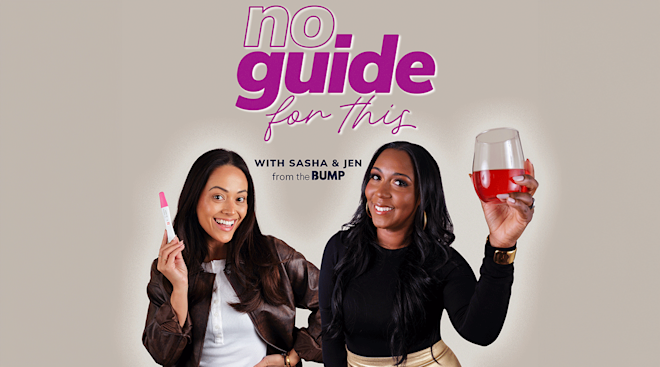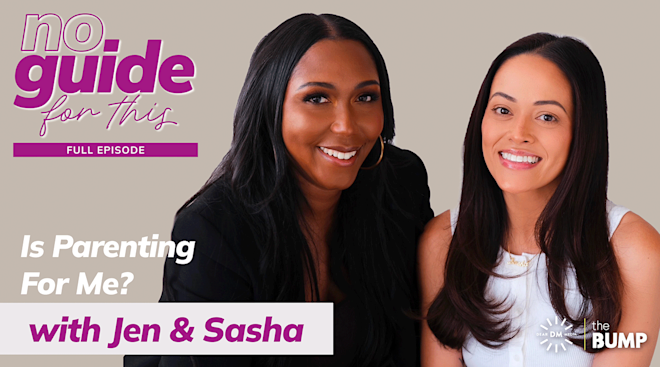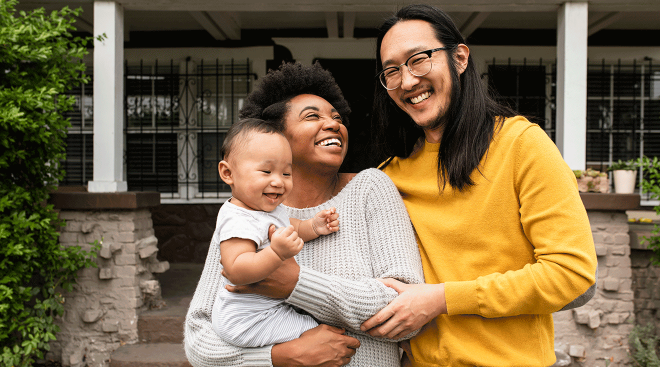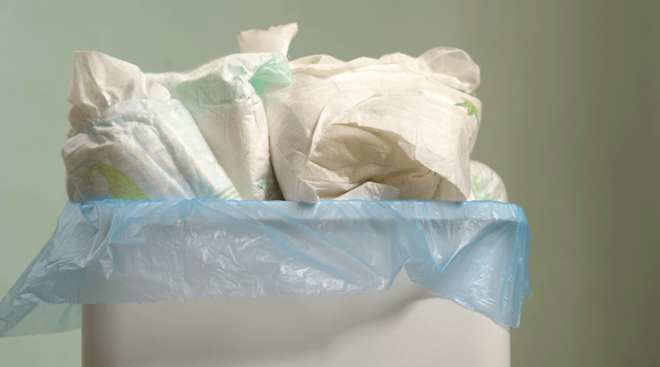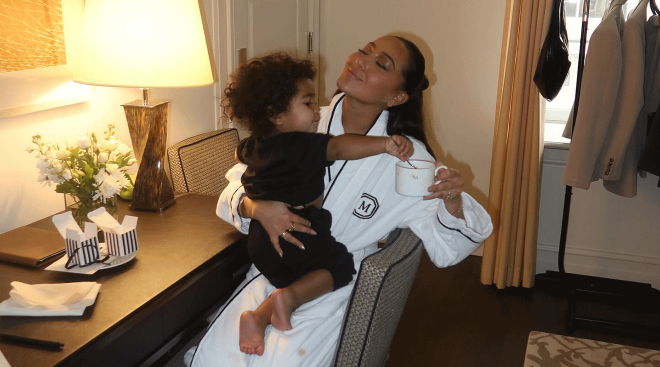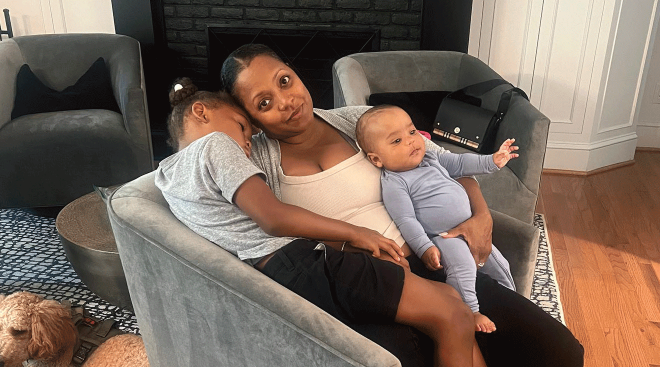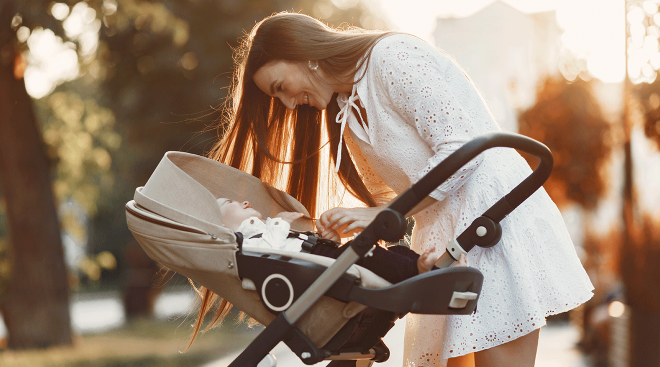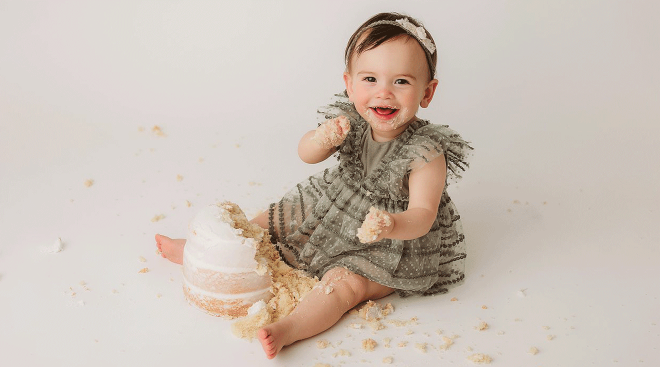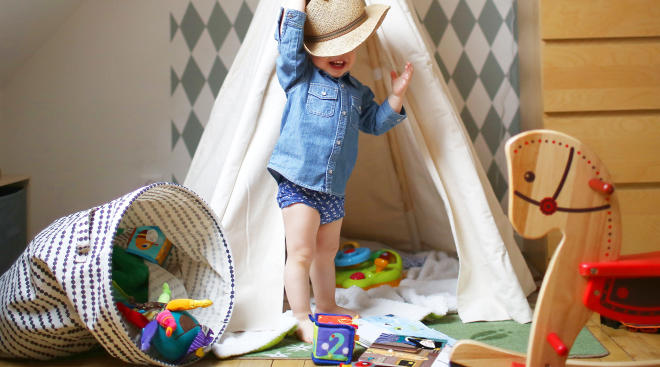5 Microaggressions LGBTQ+ Parents Face–and How to Respond to Them
As LGBTQ+ parents, we’re sometimes approached by people asking invasive questions, subjecting us to their biases or showing passive-aggressive hostility. Managing these comments and questions–especially while our children are young and need us to model navigating the world–can be difficult. How do we respond when people undermine our validity as parents and as people?
A general rule of thumb is to read the situation. If you sense that a microaggression comes from a place of ignorance but without malice, respond graciously. If they are putting you down on purpose, take a firmer stance. Below, a list of five microaggressions LGBTQ+ parents might face, plus potential ways to respond.
This is a microaggression I experience often. I’ve been approached by strangers in parks and at the beach who have questioned whether my children are indeed mine. Usually, they’ll stand at a distance for a while watching me with my kids before approaching and asking me if I know who “those kids belong to.” The underlying sentiment seems to be concern that someone who looks like me cannot possibly be a parent. I usually default to, “They’re mine. Why do you ask?” If someone responds well or apologizes, I tend to leave it at that. However, if they press the issue, I become more direct. On one occasion, an older couple told me, “We just wanted to make sure they weren’t alone,” while my child was standing right beside me. I grabbed her hand and replied, “Why would you assume they were? I thought it would be obvious that these children are with me, considering I have been handing them snacks for the past several minutes and they are calling me ‘mom.’” They left us alone after that.
Queer parents are often subjected to invasive questions about how they had their children. “As a cis and straight-presenting queer mother of two girls, I constantly get asked by strangers and acquaintances who the father of my children is, or people assume that I did IVF,” says Marina (she/they). These sorts of questions might be acceptable from a friend or a family member, depending on the circumstances, but are completely inappropriate from strangers or people you don’t know well. The most graceful response is to say, “I don’t feel comfortable discussing that. It’s very personal.” A firmer response would be, “That’s such an inappropriate thing to ask someone or assume. You shouldn’t expect someone to share details about how they had their kids.” If they double down that they were ‘only curious’ or insist that it was an innocent question, maintain that inquiring about someone’s reproduction is not polite and no one should be expected to cater to their curiosity about a personal subject.
This assumption is hurtful and unfortunately quite common, even among our loved ones. “My own parents and family members have admitted to me that they feel that my ‘lesbian lifestyle’ is confusing to my children. Fortunately, they have since changed their mind.” says Marina.
My parents similarly had questions and doubts when I came out as nonbinary. With friends and family who simply don’t understand, you can meet them openly: Children are intelligent and more capable of understanding than people give them credit for. Besides, there are some aspects about relationships and/or gender stereotypes that children don’t need to fully understand to respect. No little kid sees their parents kissing and is confused by it. It’s just something adults who love each other do. And people present their gender in all kinds of ways. I have not met a child yet who gets confused by whether a man chooses to have a beard or not, or whether a woman decides to wear makeup or not. If someone you don’t know approaches you with this, you can keep it firm and simple, “My child knows I am their parent and I love them. There’s no confusion about that.”
This microaggression comes loaded with the assumption that children need to see cis-heteronormative models of masculinity and femininity reflected in their parents. It relies on the idea that there are specific gender roles within parenting, usually with a nurturing maternal figure and a disciplinary father figure. If someone presents this idea to you out of ignorance, you can take the opportunity to educate them. “I believe that what children really need are safe, loving homes. My children have security, love, and people who are committed to teaching them to be kind and respectful. At the end of the day, what could a parent want more for their child?” If someone is clearly saying this to be unkind, you can instead say, “That’s simply not true, and that kind of thinking is disrespectful not just to LGBTQ+ folks, but to single parents and guardians who are raising children alone.”
Sometimes, people will meet LGBTQ+ parents and say things like this. Maybe your child meets a new friend at daycare and you want to arrange a playdate, but their friend’s parents are unconvinced. Sometimes, it comes from an educator. Spot (they/them) shared this story with me: “I was in a kindergarten classroom at carpet time. The teacher started reading a book about different types of families. When she got to the end without it mentioning queer families, she looked at me and heaved a huge sigh. ‘Oh thank goodness. I wasn’t sure what kind of book this was going to be. You never know these days. Promoting ‘all kinds’ of lifestyles.’ I was flabbergasted and said something like, ‘Well, kids do have all kinds of families.’ But I was thinking, ‘That’s exactly my kind of family.’” People alluding to the idea that a child having queer parents is inappropriate for other children to know about is painful. If it seems like the person saying this is simply confused about how to approach the subject, you can respond by saying, “Well, we tell our children that some people have a mom and a dad, some people have two moms or two dads. Some people have a parent that isn’t a mom or a dad, and they’re usually called something else—and some people only have one parent. Every family is unique.” You can also recommend books featuring queer families. If the questioner is being openly homophobic, like the teacher in Spot’s story, restate this more firmly: “Children do come from queer families, and not allowing them to share about their parents or talk about families like their own because you’re uncomfortable is not fair to them.”
Being an LGBTQ+ parent can mean encountering hostility in ways other parents do not. Hopefully, these tips and responses can help guide you through difficult interactions as you navigate the world for yourself, your children and your family.
About the author: Beni Tobin is a nonbinary author and parent living in Santa Barbara, California, with their two children. They have published with Motherly and Bottlecap Press, and have had poems featured in Querencia Press’s Not Ghosts, But Spirits: Volume II queer anthology. They write about parenting, gender, sexuality and what it means to be a human.
Plus, more from The Bump:
Navigate forward to interact with the calendar and select a date. Press the question mark key to get the keyboard shortcuts for changing dates.
































